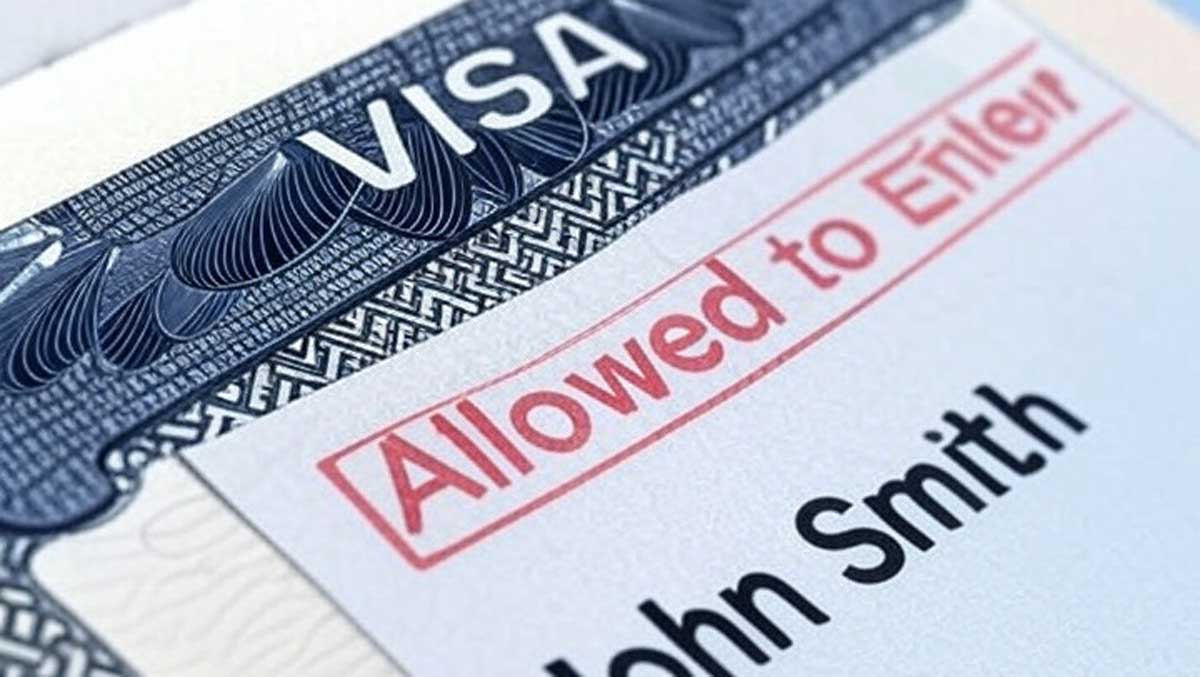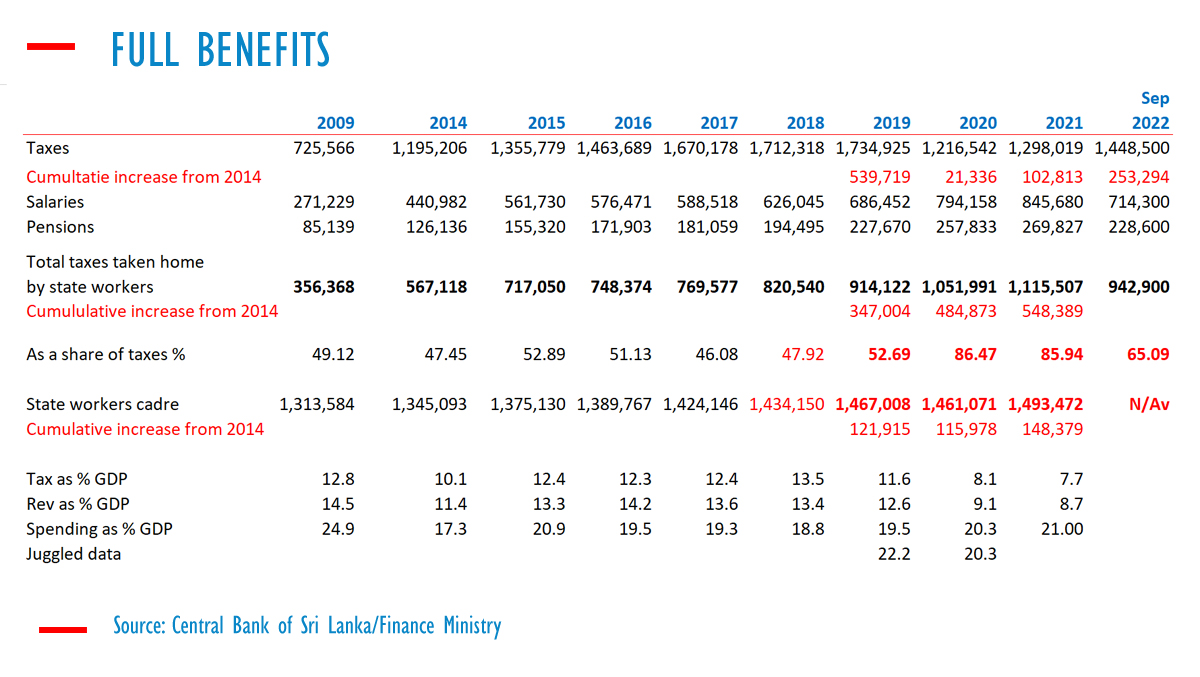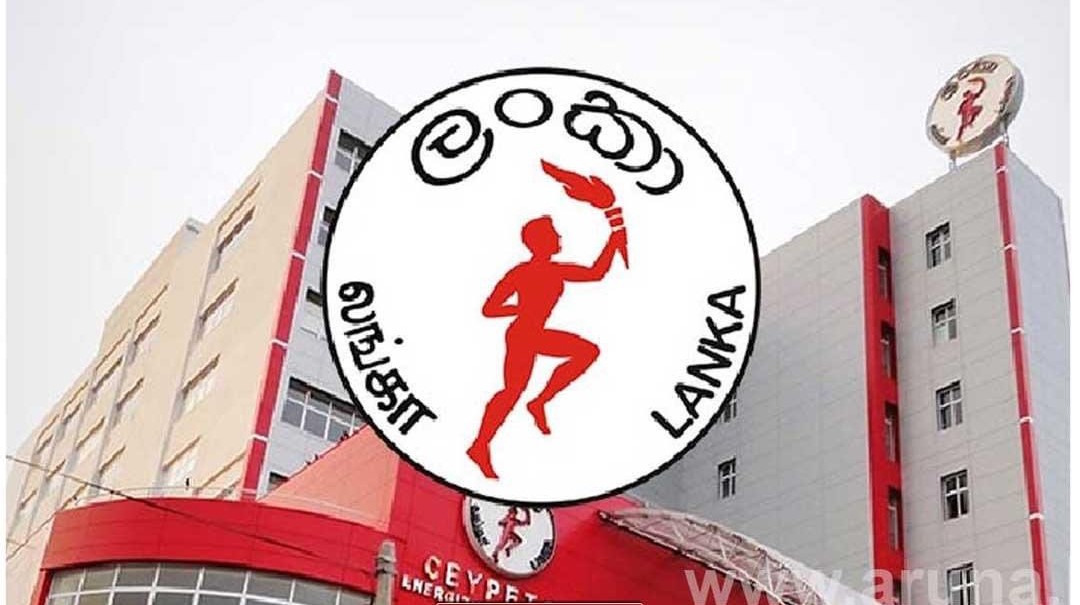Saturday June 28, 2025 9:34 am
Saturday June 28, 2025 9:34 am
ECONOMYNEXT – Sri Lankans with re-entry visas who returned from Israel during the recent flare up of hostilities with Iran can return till July 31, the Foreign Ministry said.
The Population and Immigration Authority (PIBA) of Israel has decided to extend the validity the re-entry visa of those who have come to Sri Lanka visa with the hope of returning to their employments in Israel.
“As international flights to Israel have started presently, those who came to Sri Lanka on re-entry visa have the possibility to return to work in Israel until 31.07.2025 even after the expiry of the re-entry visa,” the Foreign Ministry said.
Israel and Iran are observing a ceasefire, following US intervention.
Israel attacked Iran and hitting nuclear facilities, assassinating scientists and the senior military figures, triggering return fire from missiles and drones. The US also bombed some nuclear facilities at the end.
Iranian ballistic missiles in particular, penetrated Israel defences. (Colombo/June28/2025)
Saturday June 28, 2025 11:43 am
Saturday June 28, 2025 11:43 am
ECONOMYNEXT – Batteries for solar power are hit with 46 percent in taxes at the point of import making them expensive in Sri Lanka compared to other countries, the island’s renewable energy industry group has said.
Sri Lanka’s Ceylon Electricity Board has announced a 45.80 rupee a unit tariff for solar batter energy stored during the day and discharged into the grid between 630 pm and 1030 pm.
But the taxes increased the capital cost of batteries artificially the Federation of Federation of Renewable Energy Developers (FRED) said.
The import duty was around 25 percent, there was 5 percent para tariff called port and airport levy and value added tax of 18 percent.
Because electricity is not under Sri Lanka’s value added tax regime, the developers cannot recover the VAT unlike in other sectors by invoicing the CEB, FRED officials said.
At one time solar power inputs were free of some taxes but after the economic crisis, industry officials said but after last economic crisis the tax exemptions were tightened.
Unlike in export-oriented countries in East Asia like Vietnam and Singapore, electricity is not charged VAT in Sri Lanka for reasons that are not clear.
The renewable energy developers therefore gets stuck with the VAT as a capital cost. Some large FDI projects however get VAT relief up front.
Based on information available, the CEB is planning to give only 10 years for the battery tariff, compared to a 20-year Power Purchase Agreement, FRED officials said.
“So in order to make it commercially sensible, it has to be 20 years,” a FRED official said.
“And the batteries are now available in the storage battery with about 12,000 cycles. We can use more than 15, 20 years.”
The FRED is also protesting a recent reduction in feed-in-tariffs for renewables from June, which they say will discourage private developers.
The tariffs were decided by a committee, and while the renewable developers made representations, they feel they have not been adequately taken note of, FRED officials said.
Especially in rooftop solar, feed-in-tariffs have been successful in getting about 1,700MW of rooftop solar, while competitive bidding have not, FRED said. (Colombo/June28/2025)
Continue Reading
Saturday June 28, 2025 8:52 am
Saturday June 28, 2025 8:52 am
ECONOMYNEXT – Sri Lanka’s state-run Ceylon Electricity Board said it will pay 45.80 rupees a unit (about 15 US cents at 300 rupees a dollar), for a unit of solar energy stored in batteries and pumped into the grid at night.
The night solar tariffs would allow solar energy to be shifted from low demand daytime to the night peak when thermal power is operated to make up for the gap.
“Battery storage systems with grid-tied inverters can supply energy from batteries to the grid, enabling excess solar energy to be stored during the day and dispatched when the grid needs it most,” the CEB said in a statement.
“CEB will notify the public in due course of the applicable date and other specifics of this new tariff.”
The battery-powered system can export power to the grid from 1830 to 2230 hours in the night, the CEB said.
Sri Lanka, as in other countries, has seen strong growth in rooftop solar under enhanced tariffs and falling costs from Chinese solar panel competition, creating problems for the CEB to manage the grid in daytime and weekends when demand falls.
Due to failure in economic regulation and political pressure the CEB has run losses, especially after the end of a civil war when the rupee depreciated steeply and the grid is archaic and cannot absorb intermittent renewables.
The CEB said it was encouraging self-consumption.
“Under the revised rooftop solar tariff, consumers, whether households or businesses, are strongly incentivized to use their solar generation during the day to offset grid consumption, thereby unlocking greater savings,” the CEB said.
“For example, a household consuming over 120 kWh per month pays Rs. 41 per kWh for grid electricity.
By using solar power directly during the day, they effectively save Rs. 41 per kWh, far more than any export tariff. Similarly, General Purpose consumers such as small businesses, who pay Rs. 25 per kWh or more for daytime grid power, can achieve even greater savings by prioritizing self-consumption of solar energy.”
CEB has reduced the feed-in-tariffs it pays for rooftop solar from June 2025.
The smallest plants up to 5 KW will get 20.90 rupees a unit, from 5 to 20 kW it will be 19.61 rupees, from 20 to 100kW it will be 17.46 rupees, from 100 to 500kW it will be 15.49 rupees up to 1,000 kw it will be 15.07 rupees and above 1 MW it will be 14.46 rupees. (Colombo/June28/2025)
Continue Reading
Saturday June 28, 2025 8:00 am
Saturday June 28, 2025 8:00 am
ECONOMYNEXT – Sri Lanka has sold 1.068 billion rupees of treasury bills offered on tap at average rates of 7.55 and 7.94 percent, the state debt office said.
The debt office sold 3-month bills (LKA09125I262) at 7.55 percent.
The debt office sold 12-month bills (LKA36426F267) at 7.94 percent.
On Wednesday (25) the debt office raised 60.48 billion rupees of 3, 6 and 12 month bills of an offered 65 billion rupees.
Read more
Sri Lanka sells Rs60bn in Treasury bills, yields mostly flat
(Colombo/Jun27/2025)
Continue Reading









Leave a Reply